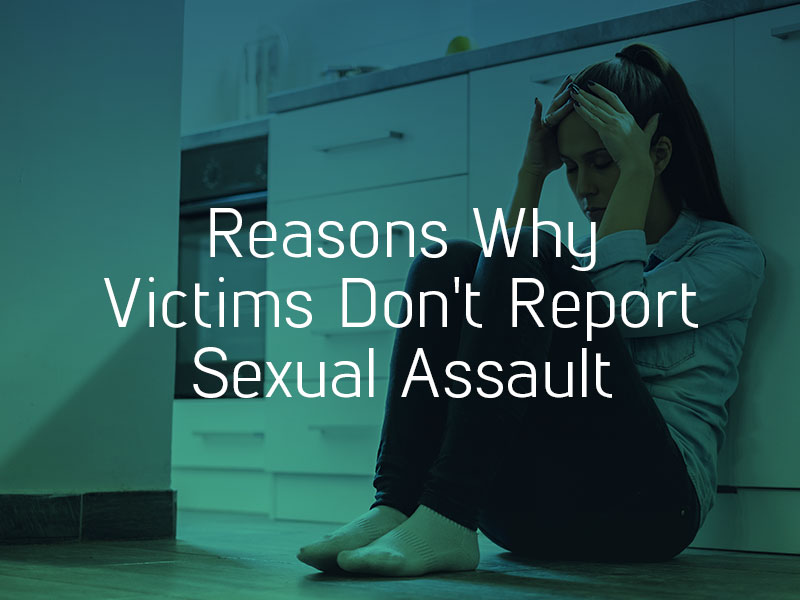The aftermath of a sexual assault can be overwhelming and traumatic. You may feel alone and have difficulty comprehending what happened to you. You may feel as if no one would believe you, and the thought of going to the police may seem too difficult. There are many reasons why survivors of sexual assault do not report the crimes to law enforcement, preferring instead to seek help from community services or other resources, such as a sexual assault lawyer.
#1: The Survivor May Feel Shame
Sexual assault can cause significant emotional turmoil to the survivor. While an instance of sexual assault is never the fault of the survivor, it may feel that way at the time. If you’re dealing with the aftermath of an assault, you may feel significant shame over what happened – leading you to keep your experience to yourself instead of sharing it with law enforcement or a health care professional.
Sexual assault is never the survivor’s fault, and shame is a natural reaction to an instance of sexual abuse. Even though you may feel shame over the incident right now, it is important to remember that you did not commit the crime – the perpetrator did. You do not have to feel shame over what happened to you – the perpetrator should.
#2: The Survivor May Minimize the Crime in His or Her Head
Another reason why survivors do not report their sexual assaults is that they believe that the crime is not serious enough to be worth reporting. If you are grappling with the aftermath of a sexual assault, it is very easy to compare what happened to you to other instances of this crime that you see in the news, in movies or television shows, or to the experiences of other people you know.
It is important to remember that any instance of non-consensual sexual activity is sexual assault. It does not matter if you revoked your consent in the middle of a sexual act, if you were in a relationship with the perpetrator, or if the crime did not involve physical violence. If you did not consent to the sexual activity and the perpetrator continued to assault you, you experienced sexual assault.
#3: The Survivor May Be Afraid
Fear is another very common reaction that survivors feel after an assault. You may be scared of law enforcement officers and not want to report the crime to the police. You may be scared of what your friends and family may think if you come out as a sexual assault survivor. You may be scared of the repercussions of reporting the assault, such as the actions of the perpetrator.
These fears are common and valid. Options are available to you if you are afraid of reporting your assault right away. Visit your local hospital to receive a forensic medical exam and ask the staff to preserve the evidence for a later date. As soon as you are able, contact a sexual assault attorney to discuss your case – since lawyers honor confidentiality agreements with their clients, speaking to an attorney may offer more privacy until you are ready to pursue legal action.
#4: The Survivor May Feel Guilty
Guilt is another common emotion after sexual assault, related to fear and shame. You may feel as if the assault was your fault in some way – but the truth is, sexual assault is never the survivor’s fault. It does not matter what you were wearing, what you were doing, or the previous relationship you had with the perpetrator. Sexual assault is sexual assault, and the only person who should feel guilty is the person who committed the crime in the first place.
If you are dealing with the aftermath of a sexual assault, you are not alone and help is available to you. While you may not feel ready to report the crime to law enforcement, you do have legal options available to help you seek the justice and compensation you need to recover. Contact a sexual assault attorney as soon as possible to discuss your case and how to move forward.

